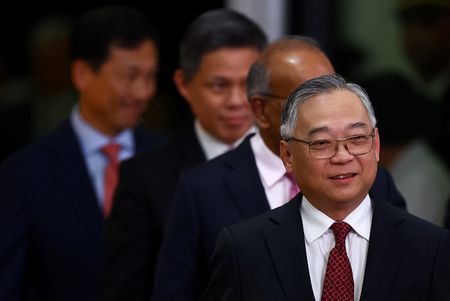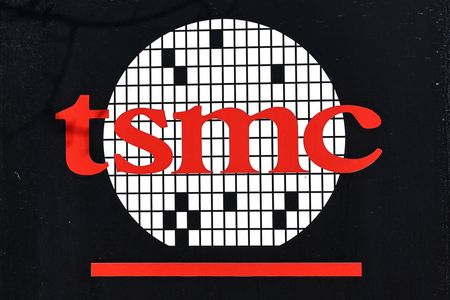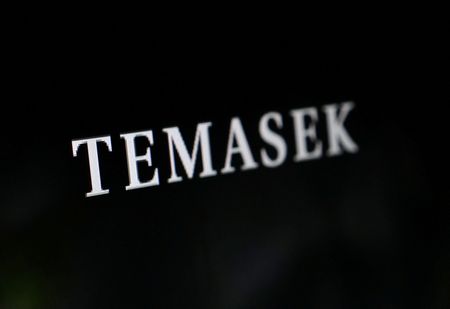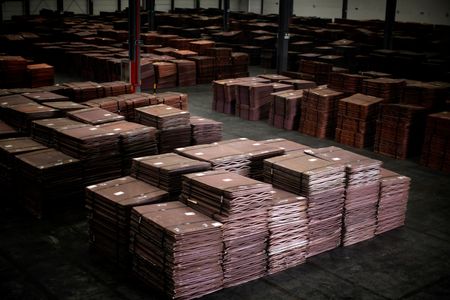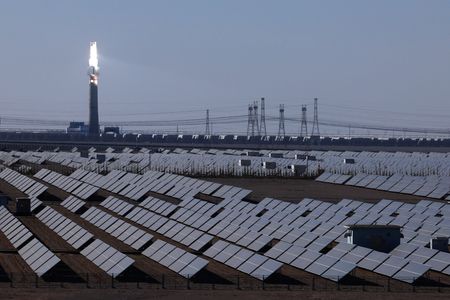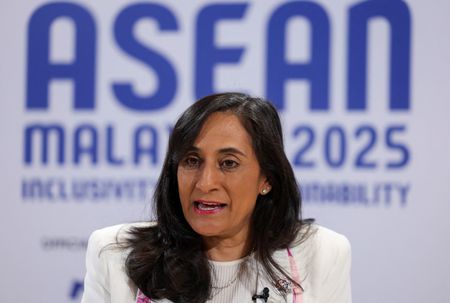By Jun Yuan Yong
SINGAPORE (Reuters) -Singapore trade minister Gan Kim Yong will visit the United States later this month to discuss tariff concessions for the country’s pharmaceutical exports, he said on Thursday, part of efforts to limit the economic impact of the trade war.
Singapore has not received a letter from the Trump administration this round and its exports are still subject to a 10% baseline tariff that was announced in April.
The tariff was levied on Singapore despite a free trade agreement in place with the island nation since 2004.
There is concern that broader sectoral tariffs could hurt demand for Singaporean products, including semiconductors, consumer electronics and pharmaceutical goods, which the central bank said accounts for about 40% of exports to the United States.
U.S. President Donald Trump said on Tuesday that he would impose a 50% tariff on imported copper and soon introduce long-threatened levies on semiconductors and pharmaceuticals, broadening a trade war that has rattled markets worldwide.
Gan, who is also deputy prime minister, said at a press briefing with the nation’s economic resilience taskforce that discussions on semiconductors have not started yet.
“I think this is something that will be at the back of our mind, and we want to probably touch on semiconductors, after we have settled the pharmaceuticals discussion with the department of commerce,” he said.
While the economy likely held up relatively well in the first half of 2025, Gan warned that growth could slow in the coming months.
“Given the expectation of higher tariffs going forward, as well as the diminishing front-loading effect, we will likely see slower economic growth over the next six to 12 months,” he said.
The trade ministry in April downgraded the nation’s GDP growth forecast for 2025 to 0%-2% from 1%-3% after the United States announced the tariffs.
U.S. President Donald Trump sent letters to 22 countries this week, including its allies Japan and South Korea, notifying them of tariffs of 20% to 50% that will kick in from August 1.
In the letters, Trump warned that reprisals from countries would draw a like-for-like response.
Meanwhile, China threatened to retaliate against nations that strike deals with the United States to cut China out of supply chains.
(Reporting by Jun Yuan Yong and Xinghui Kok; Editing by David Stanway)

